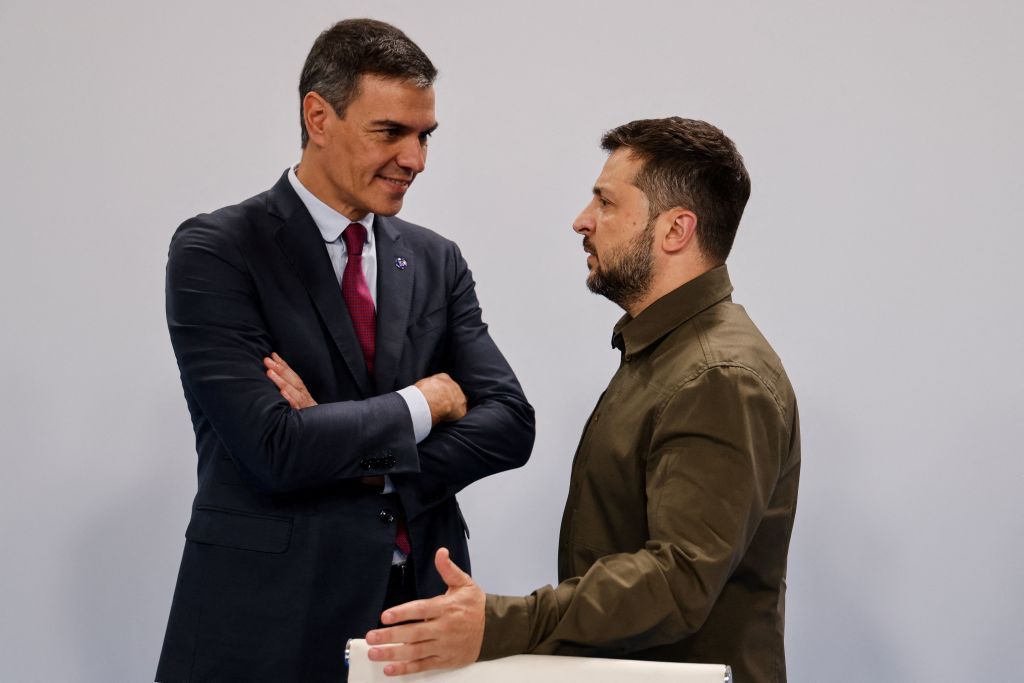Spanish Prime Minister Pedro Sanchez recently addressed parliament, calling for an increase in defense spending within the EU to counter the threat from Russia. He emphasized the need for Spain to improve its military capabilities, which currently stand at 1.26% of GDP, well below NATO’s 2% benchmark. Sanchez pointed out that the EU’s defense and collective security have been neglected, leading to a 56 billion euro deficit in defense spending. He highlighted the importance of strengthening deterrence capacity to protect peace, democracy, and freedom in Europe, rather than engaging in an arms race.
Sanchez acknowledged the digital vulnerabilities and defense industry shortcomings that have been exposed in light of Russia’s aggression, despite the European economy being significantly larger than the Russian economy. He emphasized the importance of upholding Europe’s reputation and ensuring that the continent is respected for its commitment to peace and democracy. Additionally, Sanchez highlighted Spain’s position as the fourth-largest economy in the EU and its status as the fourth-largest army, underscoring the need for defense spending to align with these rankings.
Despite Spain’s historically low defense spending, the country has increased its military training efforts in response to the conflict in Ukraine. Spain has trained approximately 3,500 soldiers, making it the third-largest European contributor to the training of Ukrainian personnel. The country has also committed over $1 billion in aid to Ukraine, according to the Kiel Institute for the World Economy. In March, talks began between Ukraine and Spain on a bilateral agreement regarding security guarantees under the G7 Joint Declaration of Support for Ukraine, indicating a commitment to bolstering mutual defense measures.
Sanchez’s address reflects a growing concern within the EU about the need to enhance defense capabilities in response to Russia’s aggressive actions. He emphasized the importance of not being feared but respected in order to protect the values of peace, democracy, and freedom that Europe represents. By increasing military spending and strengthening deterrence capacity, the EU aims to build a more secure and stable environment, not through provocation but through preparedness for potential threats.
As tensions continue to rise in the region, it is crucial for countries like Spain to prioritize their military preparedness and contribute to international efforts to support Ukraine. By aligning defense spending with their economic and military stature, nations can play a more significant role in ensuring stability and security within the EU. The ongoing negotiations between Ukraine and Spain underscore the international cooperation needed to address common security challenges and reinforce the values of democracy and freedom in the face of external threats.















